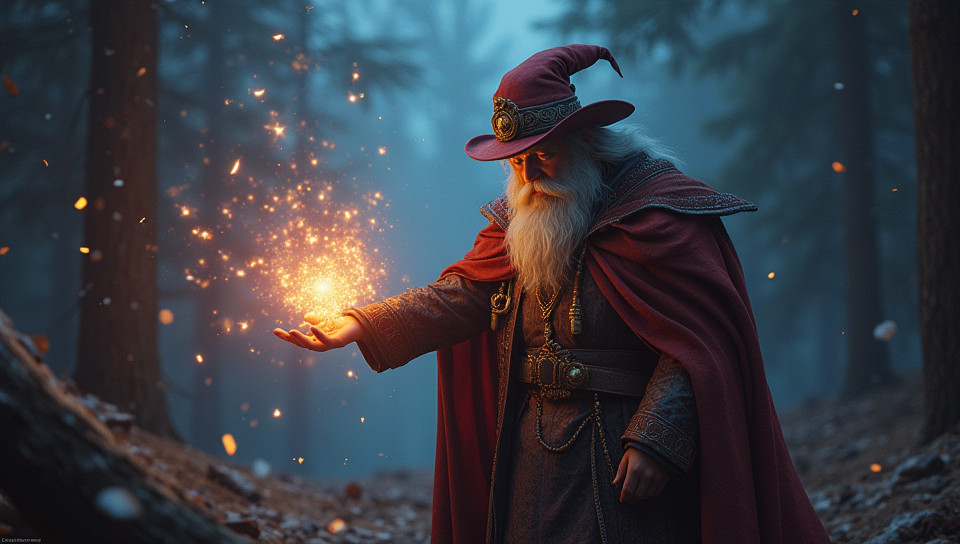Magic is not widely accepted globally 77%

The Enigmatic World of Magic
In a world where science and technology reign supreme, magic remains a mysterious and often misunderstood phenomenon. Despite its rich history and cultural significance, magic is not widely accepted as a legitimate aspect of our reality. From ancient mythologies to modern-day fantasy fiction, magic has captivated human imagination for centuries. However, the question remains: why is magic still viewed with skepticism by many?
The Problem of Perception
Magic is often associated with stage shows and illusions, leading people to believe that it's nothing more than a clever trickery. This perception stems from the fact that most magic performances are designed to deceive and amaze, rather than to educate or enlighten. As a result, the general public tends to view magic as entertainment rather than a legitimate practice.
The Lack of Scientific Understanding
One of the main reasons why magic is not widely accepted is the lack of scientific understanding surrounding it. While science has made tremendous progress in understanding the natural world, the workings of magic remain a mystery. Many scientists and skeptics dismiss magic as pseudoscience, citing a lack of empirical evidence to support its claims.
- Different types of magic practices include:
- Stage magic
- Spiritualism
- Occultism
- Witchcraft
- Fantasy fiction
The Cultural and Historical Significance of Magic
Despite the lack of scientific understanding, magic has played a significant role in human culture and history. From ancient civilizations to modern-day societies, magic has been used for various purposes, including spiritual growth, healing, and divination. Many cultures have revered magic as a powerful force that can connect us with the divine or tap into hidden energies.
The Importance of Acceptance
The lack of acceptance surrounding magic can be detrimental to those who practice it sincerely. It can lead to marginalization, persecution, and even violence against individuals and groups who are perceived as "witches" or "magicians." By acknowledging the value and significance of magic, we can create a more inclusive and accepting society that celebrates diversity in all its forms.
Conclusion
Magic may not be widely accepted globally, but it remains an essential part of human culture and history. By understanding and appreciating the complexities of magic, we can work towards creating a world where this enigmatic practice is valued and respected. It's time to challenge our perceptions and acknowledge the power of magic in all its forms.
- Created by: Yǔxuān Luó
- Created at: Jan. 7, 2025, 1:12 p.m.
- ID: 17402






